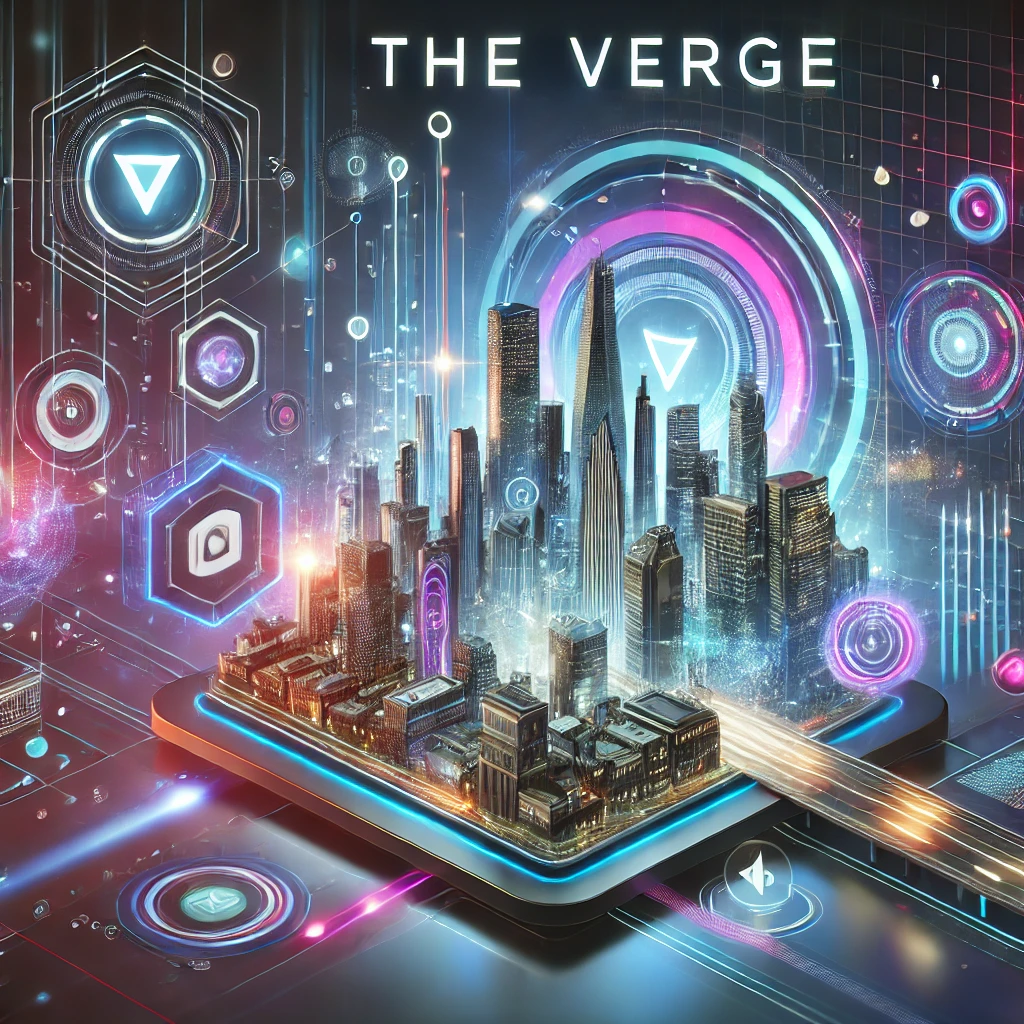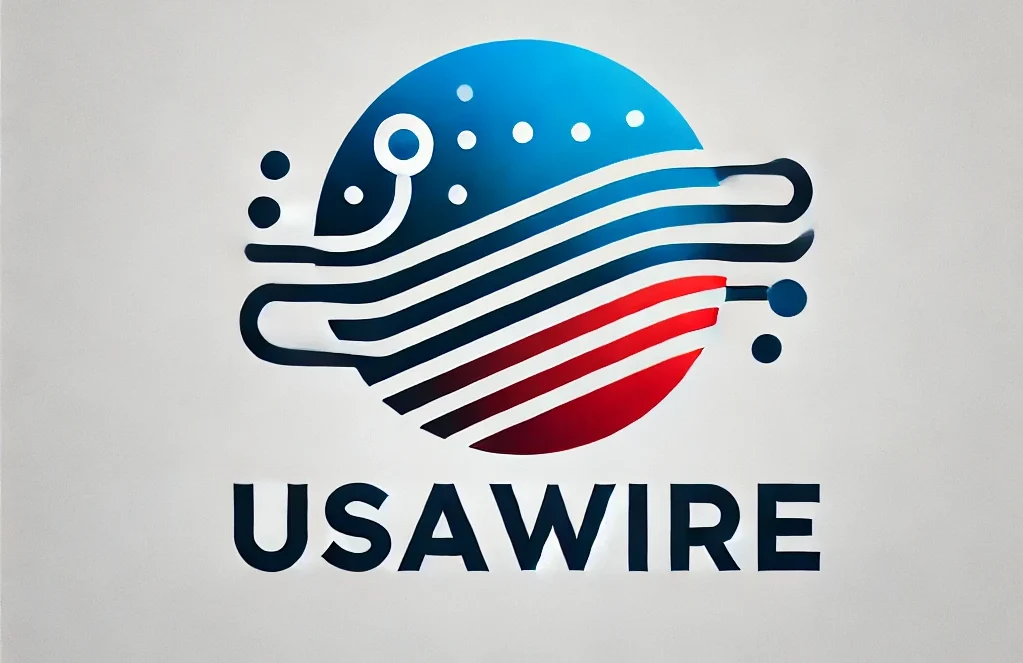
In the fast-paced world of digital journalism, The Verge has established itself as a significant player. Known for its deep dives into technology, culture, science, and entertainment, The Verge continues to captivate readers worldwide. In this blog, we’ll explore what makes The Verge unique, its history, and the reasons behind its popularity.
The Birth of The Verge
Launched in 2011, The Verge was founded by Joshua Topolsky, Nilay Patel, and other members of the former Engadget editorial team. The founding team aimed to create a media platform that didn’t just report on technology but also examined its impact on society, culture, and the future.
Vox Media, the parent company of The Verge, provided the support needed to build a cutting-edge platform. From the beginning, The Verge distinguished itself by blending journalism with stunning visual design and interactive storytelling.
Why Is The Verge So Popular?
1. Broad Content Categories
The Verge covers a wide range of topics, including:
Technology: Reviews of the latest gadgets, trends in AI, and tech industry news.
Science: Breakthrough discoveries, climate change updates, and space exploration.
Entertainment: Film, TV shows, and gaming culture.
Culture: Insights into how technology shapes society and vice versa.
This diversity appeals to readers with varied interests, making The Verge a one-stop shop for digital enthusiasts.
2. High-Quality Journalism
The Verge is celebrated for its investigative pieces and in-depth reviews. Articles are well-researched, engaging, and often written with a touch of humor. This makes complex topics like artificial intelligence or quantum computing accessible to a broader audience.
3. Multimedia Approach
The Verge goes beyond text-based journalism by incorporating:
Videos: Gadget reviews, interviews, and event coverage.
Podcasts: Popular series like “The Vergecast” dive into weekly tech news.
Interactive Graphics: Data visualizations that simplify complex information.
4. SEO and Accessibility
The Verge has mastered the art of SEO (Search Engine Optimization). By using precise keywords and structuring content for readability, it ranks highly on search engines. Its website is also mobile-friendly, ensuring accessibility for readers on the go.
Notable Achievements of The Verge
Over the years, The Verge has achieved several milestones that underscore its influence in the digital media landscape:
Breaking News: From Apple’s product launches to breakthroughs in renewable energy, The Verge has been at the forefront of major announcements.
Exclusive Interviews: The platform has interviewed top CEOs, scientists, and entertainment personalities, offering unique insights.
Award-Winning Content: With accolades for both journalism and design, The Verge is recognized for its excellence in the digital space.
How The Verge Shapes Public Opinion
One of the key strengths of The Verge is its ability to analyze how technology impacts our daily lives. For example:
Social Media: The Verge explores platforms like Instagram, TikTok, and Twitter, shedding light on their influence on mental health and democracy.
Sustainability: Articles on renewable energy and electric vehicles promote awareness of climate change solutions.
Ethics in AI: By raising questions about AI’s role in surveillance and bias, The Verge sparks important conversations.
The Verge’s Role in the Tech Ecosystem
As a digital-first publication, The Verge influences both consumers and businesses:
For Consumers: Honest product reviews guide purchasing decisions. Whether you’re choosing a smartphone or exploring smart home devices, The Verge provides detailed insights.
For Businesses: The Verge’s industry analyses help companies understand trends and adapt to market changes.
Challenges and Criticism
While The Verge is widely celebrated, it’s not without challenges:
Content Overload: With daily updates across multiple categories, some readers find it hard to keep up.
Paywall Concerns: As Vox Media explores monetization strategies, readers worry about potential access restrictions.
Competition: Rivals like TechCrunch and Wired constantly push The Verge to innovate and stay relevant.
The Future of The Verge
Looking ahead, The Verge is poised to grow even further. With advancements in immersive technologies like VR and AR, it could redefine storytelling. As audiences demand more personalized content, The Verge may incorporate AI-driven recommendations, tailoring experiences to individual preferences.
Final Thoughts: Why The Verge Matters
In an era dominated by clickbait and sensationalism, The Verge stands out as a beacon of quality journalism. Its ability to balance entertainment with education ensures its content remains relevant, engaging, and trusted.
Whether you’re a tech enthusiast, a science nerd, or someone curious about how innovation shapes the world, The Verge has something for everyone. It’s not just a website; it’s a community where ideas flourish, and stories inspire.
FAQs
1. What is The Verge?
The Verge is a digital media platform covering technology, culture, science, and entertainment.
2. Who owns The Verge?
The Verge is owned by Vox Media.
3. What makes The Verge different from other tech websites?
Its focus on storytelling, high-quality visuals, and in-depth analyses set it apart.
4. Does The Verge have a mobile app?
Yes, The Verge offers a mobile-friendly website and apps for iOS and Android.
5. How can I contribute to The Verge?
You can pitch article ideas to their editorial team or apply for positions listed on their careers page.
By exploring The Verge, you’re not just staying informed—you’re joining a community that celebrates innovation and creativity.





